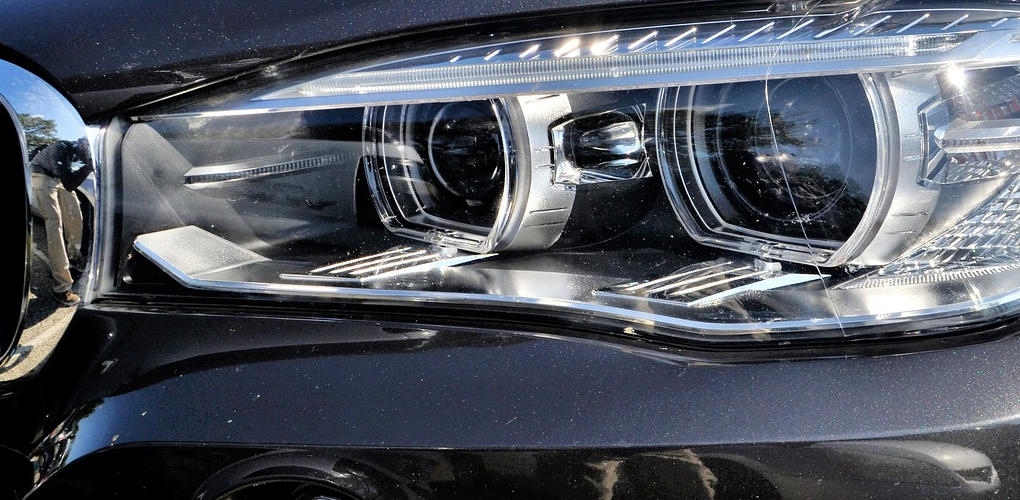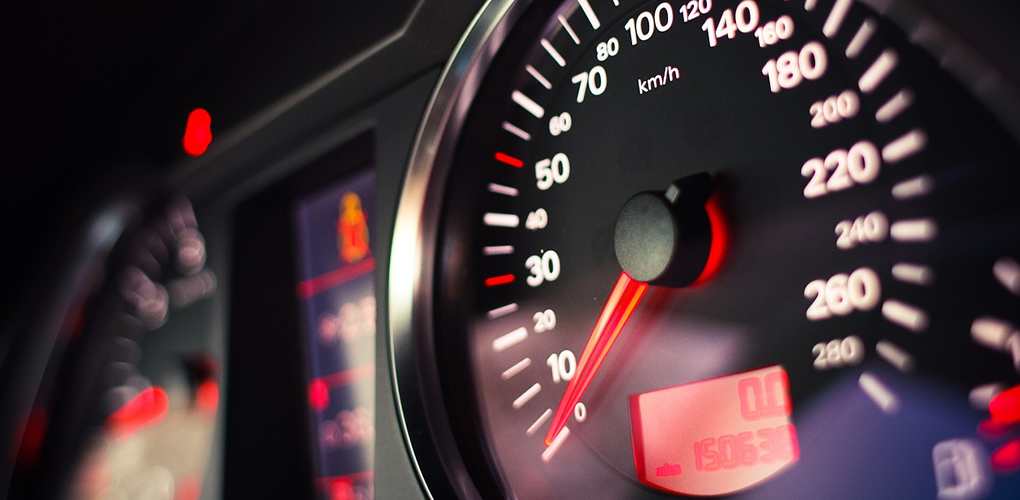Buying a used car over a brand new model can mean big savings but it does not come without risk. Unless the right precautions are taken, buying used could mean you end up paying more for your vehicle in the end. Stay savvy when shopping with our private buying tips below:
For the most part, private sellers are honest, ordinary people simply looking to resell their used model for a fair price. However, it is important to note that there are private sellers out there who are simply looking for quick and easy ways to make dishonest cash.
It’s not always easy to spot a below-board salesperson but clueing yourself up on certain scamming tactics can help. If you’re buying from a private seller be on the lookout for:

Suspiciously Low Mileage (clocking)
If a cars mileage seems too good to be true, it’s wise to investigate further. Many scammers like to use an illegal technique called ‘clocking’ in which they tamper with the odometer to show a lower mileage than is true. Never buy a used vehicle without taking it for a test drive or at least taking a good look at it in person. If you suspect a car has driven more miles than the seller is advertising, look for signs of heavy use such as very shiny or worn steering wheels, excessively worn pedals and general interior signs of heavy use. Another way to check whether a cars mileage is legit is to compare it against old MOT history. Make sure to check this yourself using the government website, not via a certificate given by the seller as this can be forged easily.

Car Cloning
Car cloning is an illegal act in which criminals take the identifiers of an existing legal car (License, VIN and log book) and use them as identifiers against a stolen or written-off vehicle. This means there are two cars on the road both using the same information. Similar to identity theft, the owner of the legal car can sometimes be falsely associated with criminal activity.
To make sure you aren’t caught out purchasing a clone, check the cars log book and make sure the vehicle identification number matches that engraved on the vehicle. The VIN is not in the same place on every vehicle, and in some cars it may be printed in more than one place. Make sure you check the driver’s side door, dashboard, door pillar, front end frame and under the bonnet. You should also check the VIN using an online VIN number check service.
Checking the VIN isn’t the only way to spot a stolen vehicle, you can also perform an online vehicle check from a trusted company such as the RAC. This should include a V5C check which will check the vehicle against stolen log book numbers. Always use a form of traceable payment such as debit card or bank transfer and ask to see the vehicle at the registered keepers address. Check the MOT history of the vehicle against the mileage on the car if the mileage is suspiciously higher or even lower than that of the MOT history its likely you’re dealing with a clone.


